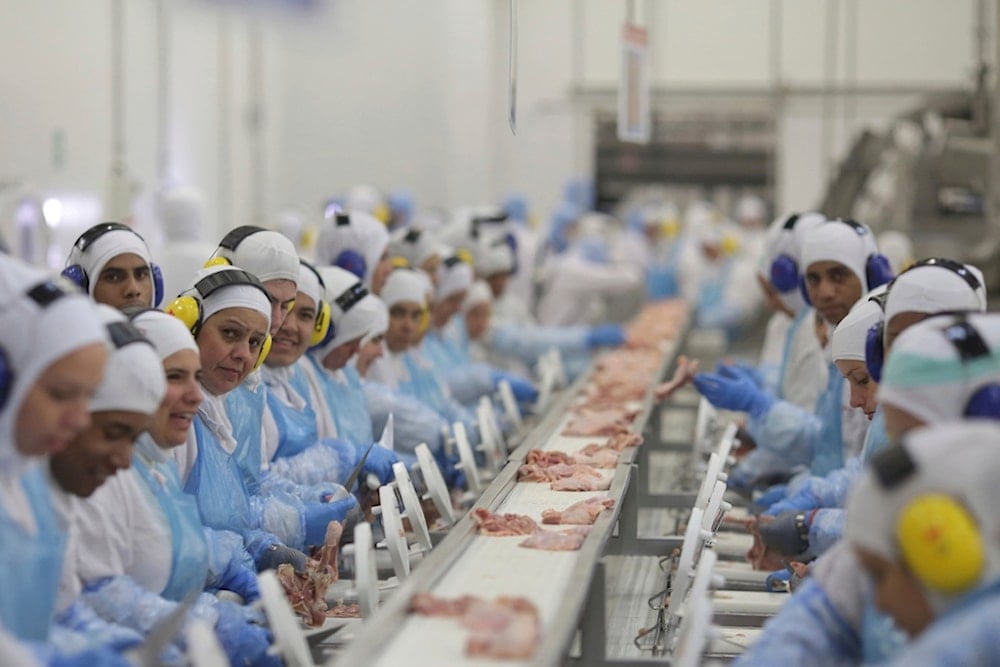China resumes Brazilian chicken imports after bird flu ban lifted
Brazil regained access to its largest poultry market after China lifted a months-long avian-flu ban, following intensified sanitary measures and diplomatic measures.
-

FILE - Workers prep poultry at the meatpacking company JBS, in Lapa, in the Brazilian state of Parana, March 21, 2017 (AP Photo/Eraldo Peres, File)
Brazil on Friday celebrated Beijing’s move to reopen its market to Brazilian poultry, ending months of restrictions triggered by a bird flu incident earlier this year. The suspension, imposed in May by both China and the European Union after Brazil confirmed its first case of highly pathogenic avian influenza on a commercial farm in Rio Grande do Sul, had temporarily halted shipments from the world’s top chicken-exporting nation.
Brazil declared itself clear of avian flu in June and immediately began pressing foreign partners to limit or lift embargoes. In the following months, sanitary authorities intensified inspections, and a Chinese technical delegation carried out on-site evaluations of farms, slaughterhouses, and laboratories in September, steps that proved crucial for reopening negotiations. According to the Brazilian Animal Protein Association (ABPA), international partners have been gradually returning.
"Gradually, all major importers of chicken meat resumed purchases," the association said on its website. It added that Brussels had recently allowed shipments again and stressed the significance of China’s decision: "Today, China...reopened its ports to Brazilian products."
The ABPA credited the breakthrough to a sustained diplomatic push, describing it as a "broad and intense diplomatic effort" by Brazil to secure the resumption of exports. The reopening follows months in which Brazil urged Beijing to narrow the embargo to the affected region rather than apply a nationwide ban, a request China initially declined.
Trade Rebound
China had been Brazil’s leading destination for chicken meat before the ban, with 228,200 tons imported between January and May, generating $545.8 million in revenue, ABPA figures show. During the suspension, Brazil saw a temporary buildup of domestic supply and a drop in shipments to its main markets, though other buyers eventually eased their own restrictions.
The update comes as avian flu continues to surface in various parts of the world, forcing widespread culling, affecting food prices, and raising global biosecurity concerns. Researchers noted that rapid detection in Brazil helped prevent wider spread, while the World Health Organization warns that human infections can cause severe illness with high mortality. Still, the virus remains primarily linked to direct contact with infected animals or contaminated environments and is not known to transmit easily between people.
Read more: H5N1 bird flu turns deadly in Mexico, first human death reported

 3 Min Read
3 Min Read








